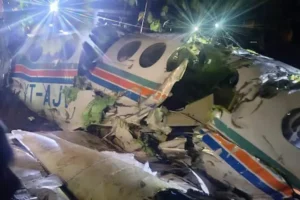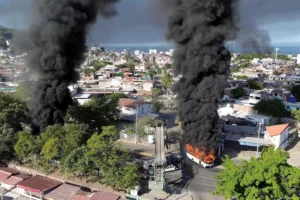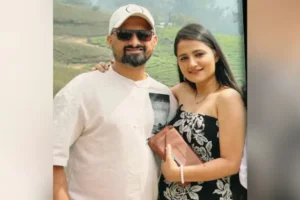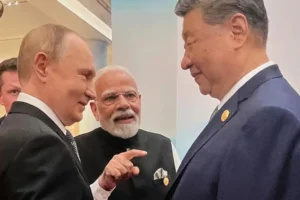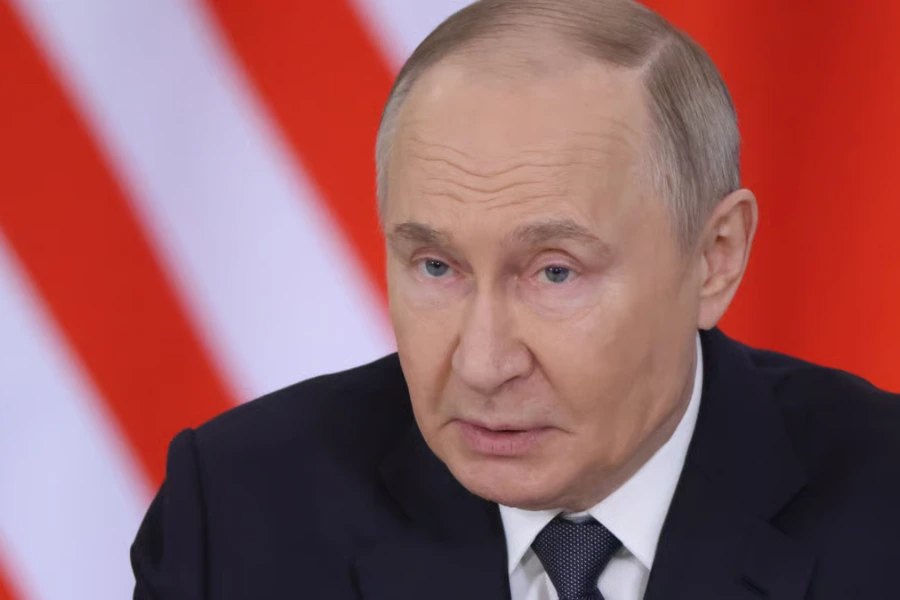
In a surprising twist in the Russia-Ukraine war, Ukrainian President Volodymyr Zelenskyy has announced he will not be part of the upcoming peace talks in Istanbul, Turkey. He files in with Russian President Vladimir Putin. United States President Donald Trump who also announced they would not attend in person. It would stifle hopes for a possible high-level direct conversation.
This story has evolved quickly from an initial slow burn to breaking news today. Analysts around the world ponder the implications of three of the world’s major political leaders missing from the negotiating arena.
Ukrainian Delegation Headed by Senior Leadership
Through a presidential decree issued on Thursday, Defence Minister Rustem Umerov will replace Zelenskyy as head of the Ukrainian delegation. It will comprise of senior defence and intelligence leadership. The move highlights Kyiv’s commitment to the diplomatic effort. Also raising questions of whether the talks will have any productive effect without involvement from high-level leadership.
In a brief call to Turkish President Recep Tayyip Erdoğan in Ankara, Zelenskyy expressed a strong displeasure at the composition of the Russian delegation to the summit, suggesting that Moscow thought of the meeting as little more than a ceremonial gesture rather than a serious effort to initiate a peace process between Russia and Ukraine.
“Zelenskyy remarked that Russia thinks it doesn’t have to end the war, which suggests Moscow isn’t facing enough pressure — politically, economically, or otherwise — from the Russian Federation.”
He also derided the Russian diplomats as simply “stand-in props”, and reiterated his call for a face-to-face meeting with Putin:
“Do you want to get together?” “Let’s get together.”
Putin Sends Kremlin Representative
The Kremlin has also confirmed that President Putin will also not take part in the talks. Instead, Russia will be represented by Kremlin adviser Vladimir Medinsky, who has been involved in previous negotiations that failed. Medinsky will be joined by:
- Mikhail Galuzin, Deputy Minister of Foreign Affairs
- Alexander Fomin, Deputy Minister of Defense
- Igor Kostyukov, Chief of Russia’s Military Intelligence (GRU)
This delegation indicates Russia wants to keep control of the talks and not directly involve Putin, a tactic many analysts view as a deliberate way to maintain inaction.
Trump Pulls Out, Says Talks are Useless Without Putin
As if the deadlock isn’t complicated enough, former U.S. President Donald Trump says he will also not be attending the summit in Istanbul.
After speculation on whether he would change his plans for his trip to the Middle East to engage, Trump took the opportunity to clarify his position with a statement from his campaign: “There will be no agreement for peace until I meet with Putin.”
Trump’s statement indicates he is operating on the idea that the major players need to be at the negotiating table—this is a view that resonates with many experts (though when and how any potential meeting happens is still far from clear).
A Summit for Peace Without Leaders?
The forthcoming talks in Istanbul were initially viewed as important for the nearly two-year long conflict between Russia and Ukraine. However, the void left by the absence of all three world leaders—Zelenskyy, Putin, and Trump—has diminished expectations considerably.
Turkey, who is hosting these talks, was hoping to reflect facilitatory initiatives for meaningful talks and hope from a global audience. The current list of participants suggests that discussions may address more tactical or logistical questions and not meaningful steps forward toward a ceasefire or peace agreement.
While hostilities continue on the battlefield and diplomatic solutions progress at a crawl, the world continues to call for more involvement from our global leaders.
The Wider Picture
The Russia-Ukraine war is now fully into its third year, and there appears to be little indication of a resolution. On the other hand, Western allies have increased their support to Ukraine, but recently some have voiced frustrations over what they see as a lack of real pressure on Russia.
Zelenskyy clearly wanted to indicate that there is no end to the war under symbolic diplomacy, as he could see Russia’s delegation were being “non-serious,” and called for stricter sanctions or dialogue to improve the self-interested state response.
While the summit is an important step towards keeping diplomatic doors open, we should not expect a lot of meaningful movement at this stage – particularly since key leaders who are there and can really make decisions are absent.
We could also see some updates later regarding this trending news today, as these things from Istanbul could still shape the next chapter of the Russia-Ukraine war.

